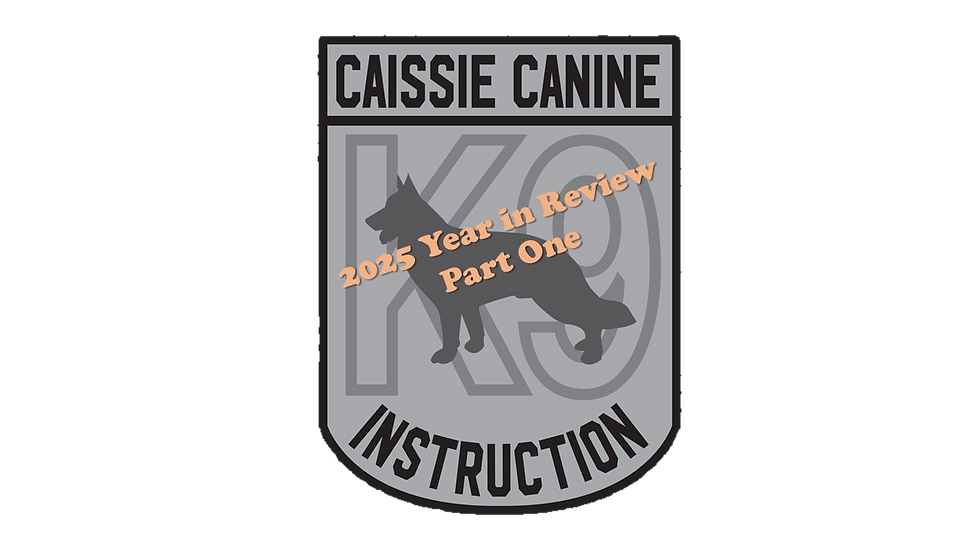Caissie Canine Instruction: My dog has GAS!!!!!!
- caissiecanineinstr

- Oct 25, 2021
- 2 min read

We begin this week’s “RUFF TAILS” featuring a beautiful English Bulldog named Louie.
I love going to the dog park,

chasing skateboarders, and I can outrun many dogs, for a very short distance LOL
But my favourite is snuggling up beside my “paw-rents” and napping on the couch.

Welcome to Doggie Dialogue:
The most common cause of gas in dogs are a change in their diet and /or if your dog has eaten something that has spoiled.
Foods that may cause gas in dogs are milk products, beans, spicy foods, soybeans, and high fat diets.

Most dogs are lactose intolerant and will experience gas or intestinal upset when ingesting dairy products.
A dog that is fed a premium diet but still gets gas, should be tested by your vet for a maldigestion problem, and/or a poor absorption of nutrients, from their current diet.
Sedentary dogs, overweight, or obese dogs are at a higher risk for developing chronic gas, regardless their diet.
Dogs may experience gas if they are eating too quickly because they are increasing the amount of air intake, when eating.

Other reasons for gas in your canine can be caused by respiratory disease, tumours, intestinal parasites, irritable bowel syndrome, or diets high in fermentable fibers. If you find this a constant issue with your dog/dogs please see your vet.

Your veterinarian may do some specialized testing to get to the root of the issue. Your vet will probably run blood and urine tests, may do a fecal examination, abdominal ultrasound and/or intestinal biopsies.
Most vets will outline a treatment plan specifically designed for your dog. They may recommend a highly digestible low-residue diet.
We personally have used a slow-feed dog dish to make swallowing large amounts of food nearly impossible. We have a Lab. LOL.

Regular exercise and play will help improve your dog’s digestion and help reduce gas.
Breeds that are more prone to gas are dogs with “pushed-in” faces like Boxers, Boston Terriers, Pugs, Bulldogs, and Pekinese.
Other breeds that can be “gassy” include Mastiff, Labrador Retrievers, Dobermans, Poodles, German Shepherds, and Beagles.




Comments